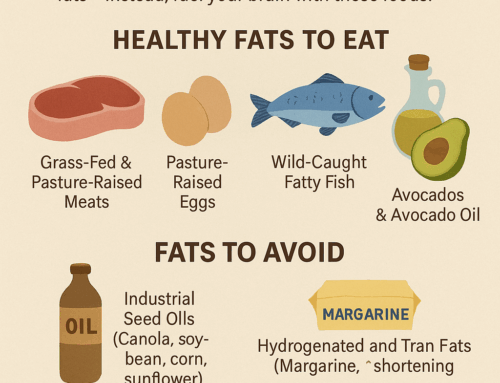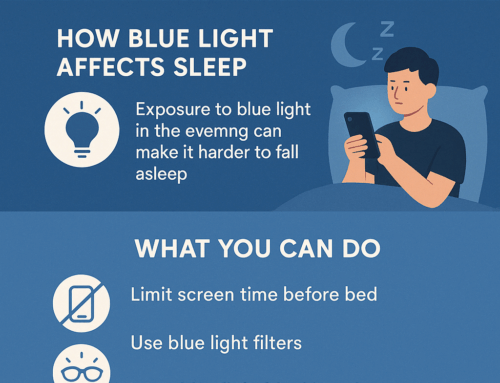Depression among teenagers is a serious and often misunderstood issue. It can manifest in various ways, making identifying challenging, especially in its early stages. As parents, educators, and caregivers, it’s crucial to recognize the signs of teen depression to provide timely support and intervention. Let’s delve into the early signs of teen depression. Why is this so important?
- More than 1 in 5 adolescents ages 12–17 (20.8 percent) were diagnosed with depression.
According to the CDC,(Centers for Disease Control) among adolescents aged 12-17 years
- 1% had a major depressive episode.
- 7% had persistent feelings of sadness or hopelessness.
- 1% had a substance use disorder.
- 6% had an alcohol use disorder.
- 2% had an illicit drug use disorder.
- 8% seriously considered attempting suicide.
- 7% made a suicide plan.
- 9% attempted suicide.
- 5% made a suicide attempt requiring medical treatment.
To learn more about the CDC report, click here
Some common signs your child may be experiencing depression include:
Changes in Behavior: One of the first signs of teen depression is noticeable changes in behavior. This may include:
- withdrawing from social activities
- losing interest in hobbies or passions
- becoming easily irritated
- emotional or violent outbursts
- spending excessive time alone
- argumentative (more than typical)
- uncharacteristic mood swings
- Becoming unusually fearful
Academic Decline: Teens struggling with depression often experience a decline in academic performance. This could be due to difficulty concentrating, lack of motivation, or feelings of worthlessness affecting their ability to focus and engage in learning. Keep an eye out for sudden drop in grades or a lack of interest in school-related activities, especially for students who typically enjoy school programs and suddenly lack interest.
Changes in Sleeping Patterns: Sleep disturbances are common among individuals with depression, and teens are no exception. Watch for significant changes in your teenager’s sleeping habits, such as insomnia or excessive sleeping. Both can be indicators of underlying emotional distress.
Physical Symptoms: While depression is primarily a mental health condition, it can also manifest in physical symptoms. These may include headaches, stomachaches, fatigue, or changes in appetite and weight. Although these symptoms can result from various factors, they shouldn’t be overlooked, especially when accompanied by other signs of depression.
Social Isolation: Teenagers experiencing depression often withdraw from social interactions and isolate themselves from friends and family. They may avoid social gatherings, stop responding to messages, or prefer spending time alone in their room. While occasional alone time is normal, persistent isolation can be a red flag for underlying mental health issues.
Expressions of Hopelessness or Self-Harm: Pay attention to verbal or written expressions of hopelessness, helplessness, self-critical remarks, or worthlessness. Teens grappling with depression may talk about feeling trapped or express thoughts of self-harm, suicide, or just not wanting to live anymore. They may say things like “Things will never get better” or “Everyone would be better off without me. Teens may also become fascinated with death and obsessively write or draw about it and listen to music about hopelessness and dying. Take any mention of self-harm or suicide seriously and seek professional help immediately. If you feel your child urgently needs help, you can contact 988, the suicide prevention lifeline, or the teen suicide helpline at 1-800-248-8336.
Substance Abuse: Teenagers may turn to substances like alcohol or drugs as a way to cope with their emotional pain. Substance abuse can exacerbate depression symptoms and lead to further complications. Be aware of any sudden changes in your teen’s behavior regarding substance use, and seek professional guidance if needed.
It’s essential to remember that experiencing one or two of these signs doesn’t necessarily indicate depression. However, if you notice four or more of these symptoms persisting for more than a week, it’s crucial to seek professional help for your teenager to be assessed by a mental health professional. Early intervention is critical to managing depression effectively and preventing long-term consequences.
As parents and educators, fostering open communication with teens is vital. Create a supportive environment where they feel comfortable discussing their thoughts and emotions without fear of judgment. Please encourage them to express themselves and assure them that seeking help is a sign of strength, not weakness.
Focus on your youth’s diet. This is not always easy to do, but this is something you can do together. Focus on a whole food diet absent of processed foods. To learn more about the critical connection between diet and mental health, visit our blog.
Additionally, prioritize self-care and mental health education within your family and educational communities. By destigmatizing conversations around mental health and providing access to resources and support networks, we can better equip teenagers to navigate their mental well-being and seek help when needed.
In conclusion, recognizing the early signs of teen depression requires vigilance, empathy, and understanding. By being proactive and attentive to changes in behavior, mood, and social interactions, we can play a crucial role in supporting teenagers’ mental health and well-being.
Remember, you’re not alone in this journey. You can contact us at JEM or reach out to mental health professionals, school counselors, or support groups for guidance and assistance. Together, we can create a safer and more supportive environment for teenagers struggling with depression.







Leave A Comment